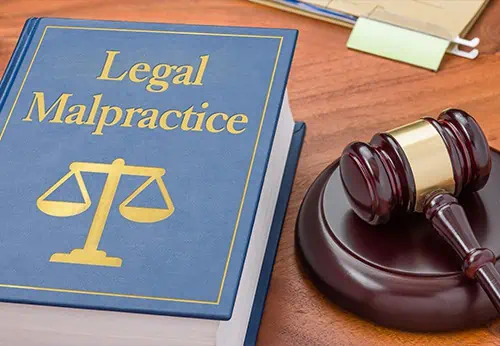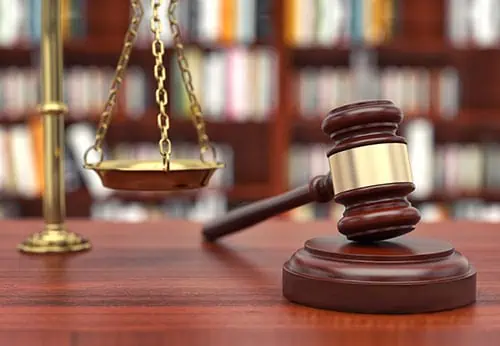You’ve probably heard of medical malpractice, which is a way for patients to sue doctors or other medical practitioners if they deliver substandard care or are negligent in a way that harms the patient.
Legal malpractice operates under similar principals. In a legal malpractice case, a defendant alleges that an attorney who they hired to represent them in a legal matter was negligent or delivered sub-standard service, as compared to what would be expected of other attorneys in the same area who practice in the same legal field.
It can sometimes be difficult for a layperson who is not familiar with law and legal practice to identify legal malpractice. However, there are common forms of legal malpractice that every legal client should be aware of, and that anyone who suspects they may have been the victim of legal malpractice should examine.

This is the most common form of legal malpractice in Jefferson County, according to malpractice insurance carriers. Many legal proceedings have strict deadlines, and missing those deadlines can have serious negative consequences.
Example: Attorney X was representing Client Y in a criminal defense case. The witness list for the defense had a submission deadline of November 1st. Attorney X missed the submission deadline, which caused crucial defense witnesses to be excluded from the trial.
Breach of Contract: There are many different ways that an attorney an violate the terms of a contract with their client (or “breach” the contract). This sort of claim in a legal malpractice context can be somewhat difficult to prove, since the client has to show that the attorney breached an agreement that was specific to the contract (i.e., which would not exist except for the contract). This is not just merely failing to be professional or competent.
Example: Attorney X signed a contract with Client Y saying he would keep Client Y updated on the case with weekly journal entries. Attorney X failed to make these entries, which, though completing journal entries is not a part of the standard responsibilities of all attorneys, Attorney X was contractually obligated to complete.
Conflict of Interest: A conflict of interest is when an attorney, for whatever reason, ha an interest in a person or situation that prevents them from acting primarily in a client’s best interest. Sometimes this can be as overt as one attorney representing conflicting sides in a case, but other times it is more subtle, like an attorney having a personal or business relationship with someone in the opposing party or their attorney.
Example: Attorney X was the lawyer for a married couple, Jane and John, for many years. When John died, Attorney X started representing his business partner in closing out Jane’s share of the business, and also used his personal relationship with Jane to sign on as her attorney. Attorney X advised Jane while prejudicing her decisions in favor of his main client, John’s business partner.
Negligent Supervision: When there are multiple attorneys working at a firm, the more senior attorneys are often responsible for supervising the cases of the more junior attorneys. When a senior attorney with supervisory authority over a junior attorney is negligent in their supervision or fails to advise the junior attorney in a way that any competent senior attorney would, clients can sue for legal malpractice on the grounds of negligent supervision.
Example: Attorney X is supervising Attorney Y, who is representing a client. Attorney Y forgets to file a Notice of Claim in the client’s case, which resulted in negative consequences for the client. Attorney X can be sued for legal malpractice for failing to catch Attorney Y’s error.

Intentional acts are more straightforward than many types of legal malpractice. They consist of intentional, knowing acts on the part of the attorney against the best interests of their client. One example is fraud. In order to prove fraud in a legal malpractice suit, a client must prove that the attorney knowingly misrepresented a false piece of information to them as a true fact. They must also prove that they did not know the information was false, and that they rightfully relied on the information being true, which caused damages to them.
Example: Client A is suing their attorney, Attorney X, for knowingly misrepresenting sums of money to them in order to steal from them over the course of five years.
These are only a few of the many ways in which attorneys may commit and be held responsible for legal malpractice against their clients. If you believe that you have experienced legal malpractice, your best bet is to call an experienced, knowledgeable Jefferson Parish legal malpractice attorney. Attorney Jesse Wimberly is ready to help you get justice in your Jefferson Parish legal malpractice case.
For more information on Legal Malpractice Under Louisiana State Law, an initial consultation is your next best step. Get the information and legal answers you are seeking by calling (985) 200-8466 today.